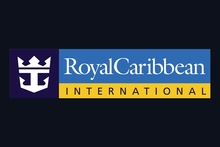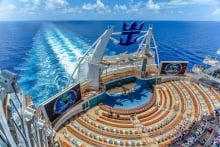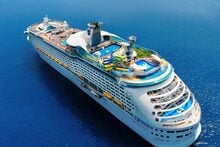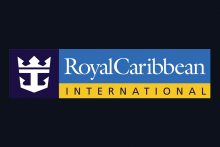Two of the biggest cruise companies in the world shared different outlooks on how they see the rest of the year going.
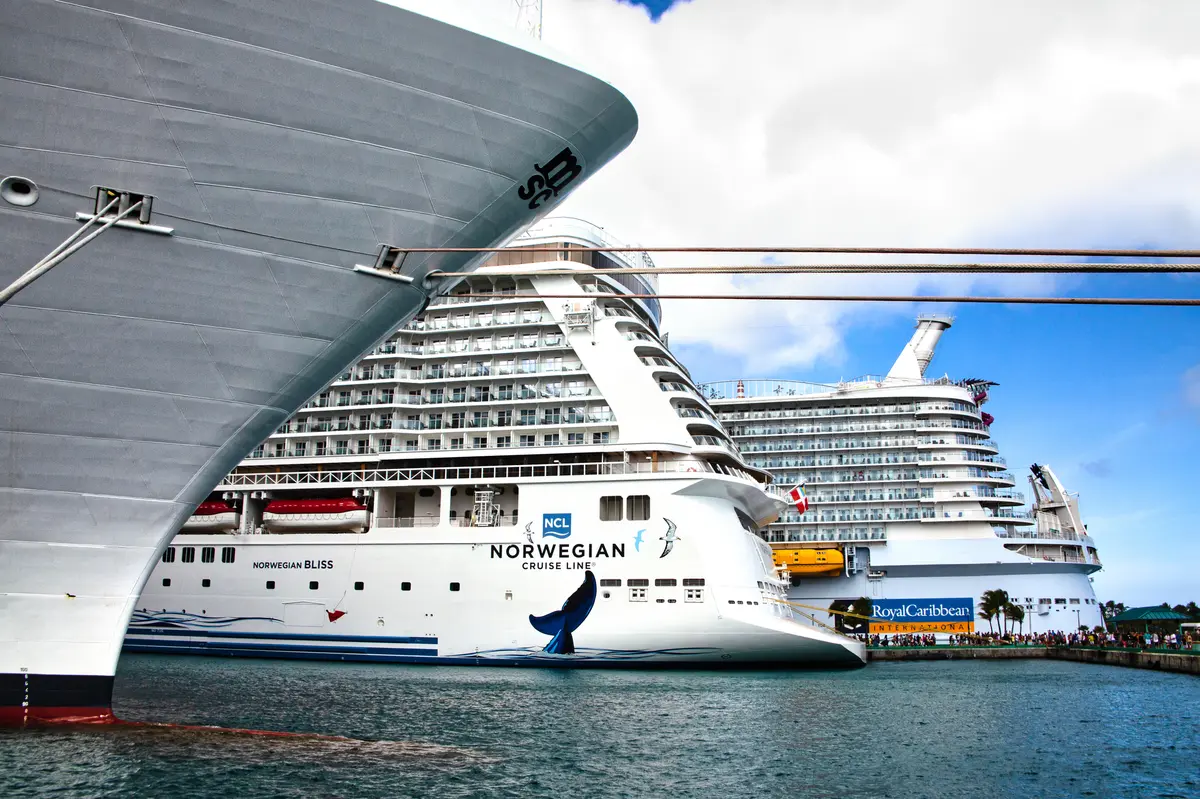
On April 29, Royal Caribbean Group released its first quarter results, revealing the company is seeing strong demand for its products, ranging from Royal Caribbean's Icon of the Seas to Celebrity Cruises' Celebrity Ascent.
The surge in demand isn't slowing down, either. RCG reported that they are 86% booked for 2025 and warned of higher prices for last-minute cruisers.
"Bookings for 2025 have remained on track, cancellation levels are normal, and we continue to see excellent close-in demand," said Jason Liberty, Royal Caribbean Group President and CEO, during the company's Q1 earnings call.
Record bookings continued into April, with Liberty reporting that the company's bookings were greater than during the same period last year.
However, Norwegian Cruise Line's first quarter results weren't as positive.
Norwegian Cruise Line Holdings (NCLH) posted its earnings the very next day. Revenue for Norwegian came in at $2.13 billion, below the estimated $2.15 billion as per data compiled by LSEG. This means that the company's quarterly revenue declined 3%, marking the first year-over-year decline since the second quarter of 2021.
Norwegian also reported adjusted profit of 7 cents per share, below estimates of 9 cents. Consequently, NCLH's stock tumbled 9%, as reported by Reuters.
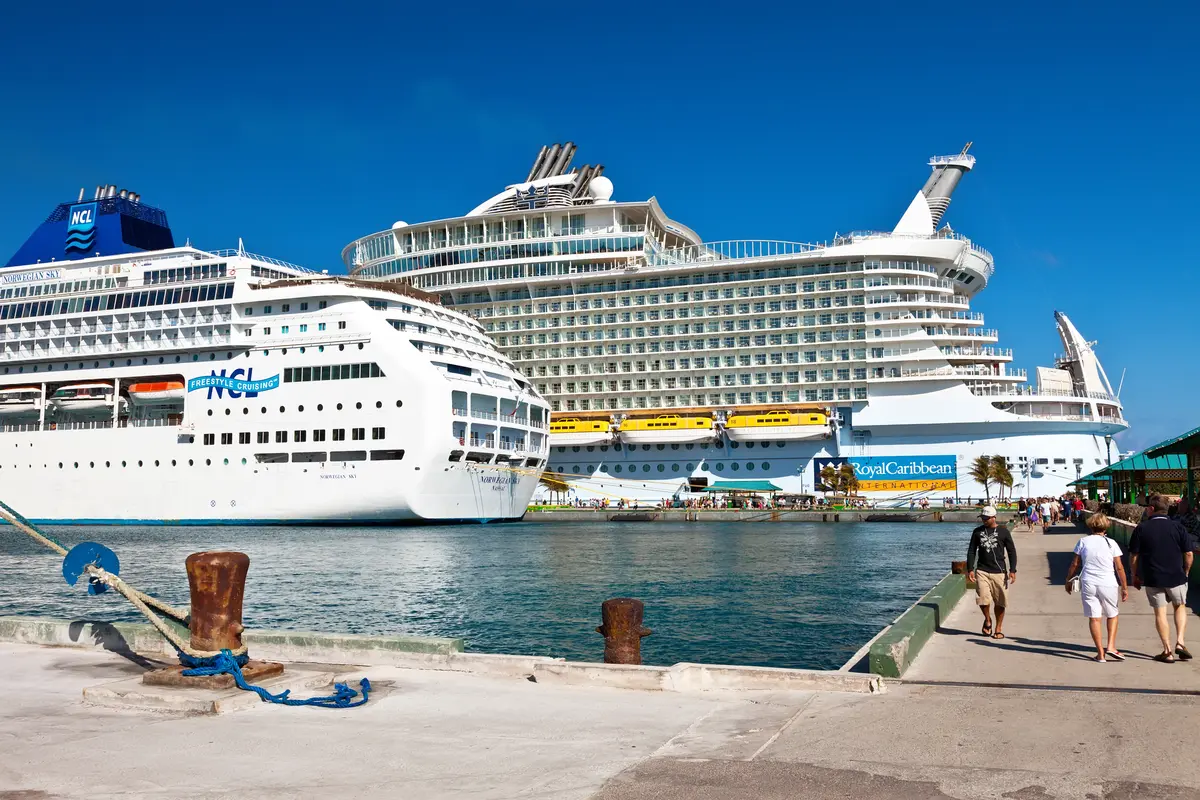
The company warned of weak consumer spending on pricier voyages, citing growing concerns about a possible recession that may be affecting spending.
One area they are seeing softness in is European cruises.
“[Europe] was actually booking really, really well till about a month or two ago. And then the American consumer seemed to be a little skittish about doing far-from-home travel,” CEO Harry Sommer told CNBC.
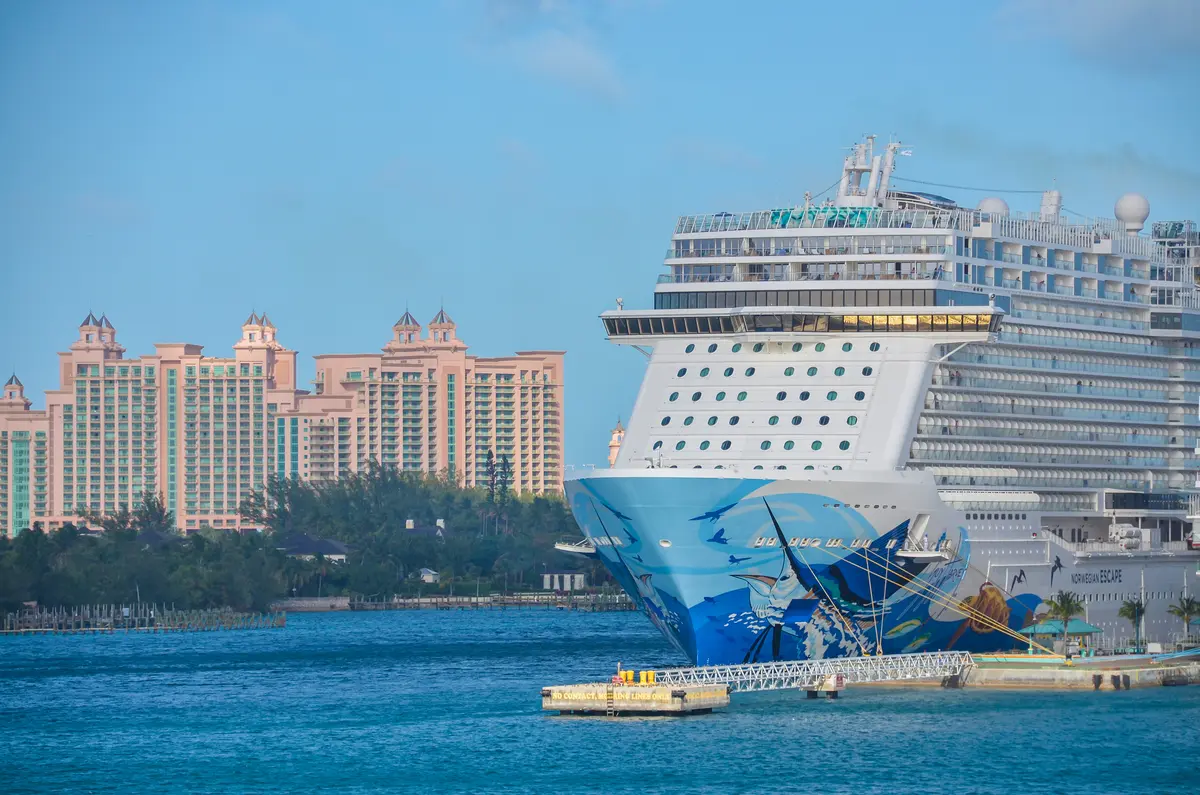
Now, the annual net yield is expected to increase between 2.0% and 3.0%, compared to its earlier forecast of 3.0%. In contrast, Royal Caribbean raised its annual profit forecast.
Despite the disappointing Q1 results, Sommer believes the cruise industry has an advantage during economic turmoil because of the value proposition compared to land-based vacations.
“You know, you may have a weak month, a weak quarter, but consumers continue to take vacations,” Sommer said. “It’s sort of one of their God-given rights, and they enjoy them...they come back.”


